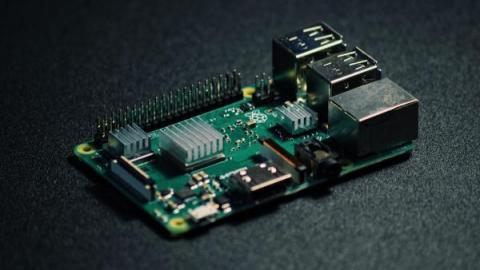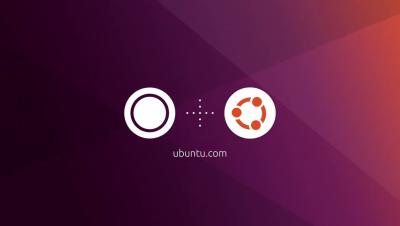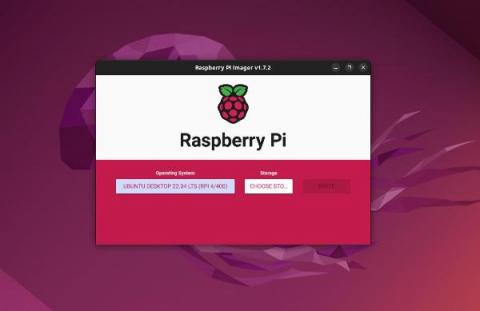Cost optimised private cloud for financial services
Regulatory compliance and data privacy requirements require financial institutions (FIs) to consider carefully where their applications are running and where the customer data is stored. The data protection and data sovereignty laws in most countries require an enterprise to keep data in certain geographic locations. PCI Data Security Standard, for example, regulates the way the customer and financial transactions data is stored and transmitted.











